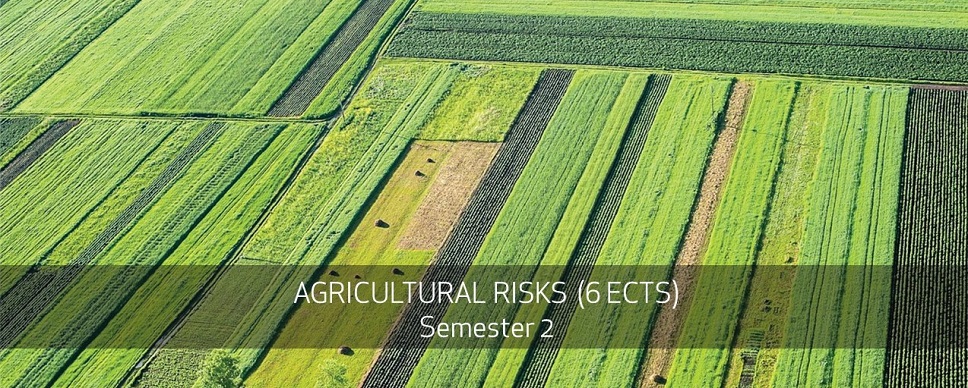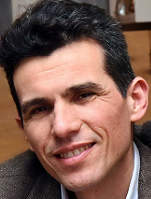
About this module
The global population has exploded from about 1 to 7 billion people in less than 2 centuries. Overexploitation of soil resources has led to widespread soil degradation with an average annual loss of productive land of more than 70,000 hectars per year to soil erosion alone.
As cities grow, fertile agricultural land is paved over, thereby increasing the pressure on existing farmland. In addition, the use of conventional pesticides is controversial because of their detrimental effects on both the environment and human health.
This module describes the main challenges facing modern agriculture and the proposed solutions, as well as the consequences of the use of pesticides for both health and environment. Physical and chemical properties of soils will be examined by world climatic zone before modeling soil erosion processes using GIS-based models.
Learning outcomes
On successful completion of this module students should be able to:
- describe the fundamental physical and chemical properties of different soils
- explain the effects of chemical pesticides and with the advantages and disadvantages of biocontrol alternatives
- produce soil erosion rates models at different spatial and temporal scales using GIS
- discuss elaborate erosion mitigation strategies
Learning approach
This module is project-oriented and includes a mixture of theory and practical work.
Theory: Fundamental Processes, Mitigation Strategies, Early Warning Systems.
Practical work: Case studies that exploit the power of GIS to map soil erosion risks and scientific literature to explore the impacts of pesticides.
Topics Covered
- Soil physical and chemical properties
- Measuring soil properties and analysis interpretation
- Soil erosion processes and modeling
- Ecotoxicology: basics, agronomic specificities, case study
- Human health risk assessment of pesticides: overview and regulations
- Synthetic pesticides: case study
- Biocontrol: risk for health
- Biopesticides: case study
Module Head

Marcel AMICHOT
Scientist at INRAE (Institut National de la Recherche Agronomique).
Main interests: organisms adaptation to environmental stress with a focus on insecticides either conventional or biological (Bt Cry toxins).
RESEARCH GATE
Lecturers

French National Centre for
Scientific Research (CNRS)
Institut Sophia Agrobiotech (ISA)

Emmanuel GARBOLINO
Climpact Data Science

















